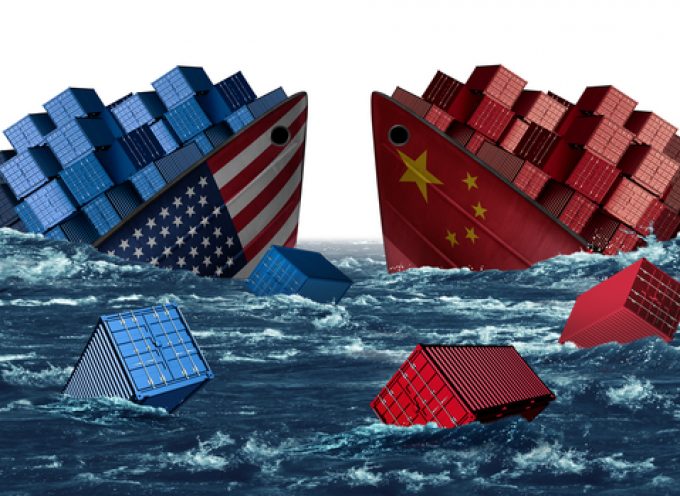Mexico's transcontinental corridor – a threat to Panama?
TIC-tock for the Canal
WTC: RIDE THE WAVEFDX: TOP EXEC OUTPEP: TOP PERFORMER KO: STEADY YIELD AND KEY APPOINTMENTAAPL: SUPPLIER IPOCHRW: SLIGHTLY DOWNBEAT BUT UPSIDE REMAINSDHL: TOP PRIORITIESDHL: SPECULATIVE OCEAN TRADEDHL: CFO REMARKSPLD: BEATING ESTIMATESPLD: TRADING UPDATEBA: TRUMP TRADE
WTC: RIDE THE WAVEFDX: TOP EXEC OUTPEP: TOP PERFORMER KO: STEADY YIELD AND KEY APPOINTMENTAAPL: SUPPLIER IPOCHRW: SLIGHTLY DOWNBEAT BUT UPSIDE REMAINSDHL: TOP PRIORITIESDHL: SPECULATIVE OCEAN TRADEDHL: CFO REMARKSPLD: BEATING ESTIMATESPLD: TRADING UPDATEBA: TRUMP TRADE

Words are important. The names we give to things ascribe meaning to them, but they also provide insight into the thought processes, and eagle-eyed supply chain observers with a keen eye on geopolitical language may have detected a shift in the way leading politicians are talking about global trade. This has been illuminated by an edifying article from Transport Intelligence founder John Manners-Bell, who looks at how terms such as “de-coupling” and “de-globalisation” have begun to cause rifts between trading partners and were increasingly “regarded as being aggressively anti-Chinese in nature as they are understood to describe supply chain policies which are designed to isolate China from the rest of the world”. And thus we have “de-risking” now making its way into common parlance.


Comment on this article